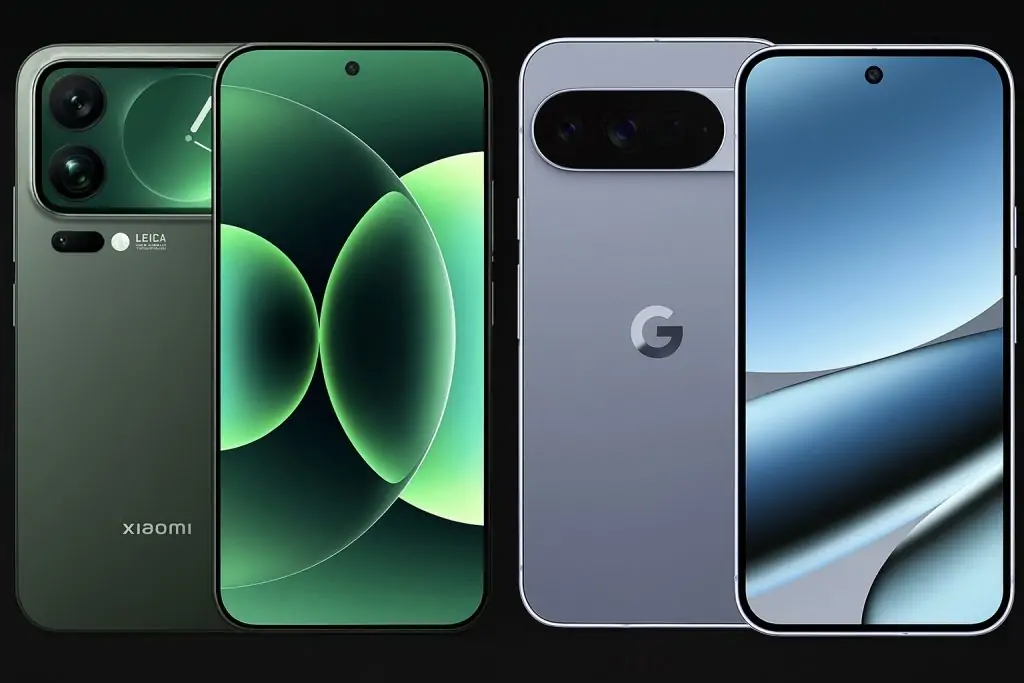


October 7, 2025
Mobile Mayhem: Pixel 10 Shines, Samsung Teases Tri-Fold, iPhone Demand Soars – Oct 6–7, 2025



October 5, 2025
Global GSM Revolution: 5G Breakthroughs, 3G Farewells & Telecom Power Plays (Oct 4–5, 2025)

October 5, 2025
Pixel 10’s AI Push, iPhone 17 Sales Surge, Samsung’s Tri‑Fold & More – Mobile News Roundup (Oct 4–5, 2025)

October 4, 2025
5G Breakthroughs, 3G Farewells & Telecom Power Moves – Global GSM Internet Update (Oct 3–4, 2025)


October 3, 2025
Mobile Internet Madness: Verizon’s 6G Gambit, Nokia’s AI-Powered 5G Breakthroughs, and a Wave of 5G Rollouts Rock the World (Oct 2–3, 2025)

October 3, 2025
Mobile Mayhem: OnePlus 15 Teased, Galaxy Z TriFold Rumors & New AI Chips Dominate Oct 2–3, 2025 News

October 2, 2025
Xiaomi 17 Pro Max vs Google Pixel 10 Pro XL – Battery Beast Meets AI Superphone in 2025 Flagship Showdown

October 2, 2025
Xiaomi 17 Pro Max vs iPhone 17 Pro: Second‑Screen Battery Beast Takes on Apple’s Flagship


October 2, 2025
Mobile Networks Mayhem: Afghanistan Blackout, India’s DIY 4G Stack, UK’s £11bn 5G Blitz & Satellite Boom

October 2, 2025
October 2025 Mobile Tech Explosion: New Smartphones, AI Chips, 5G Upgrades and Shocking Forecasts

October 1, 2025
Telco Earthquake: 5G Rollouts, 6G Visions & Satellite Internet Set the World on Fire (Sept 30–Oct 1, 2025)

October 1, 2025
Mobile Phone News Blast (Sept 30–Oct 1, 2025)

September 30, 2025
Mobile Networks Explode: 2.6B on 5G, 6G Hits 280Gbps, But 3.1B Still Offline (Sept 29–30, 2025)

September 30, 2025
Smartphones Go Supernova: iPhone Outsells Xiaomi, Samsung Teases Foldable iPhone, and AI Powers New Flagships (Sept 29–30, 2025)

September 29, 2025
Global Mobile Internet Upheaval: 5G Innovations, Network Disruptions and Big Telecom Moves (Sept 28–29, 2025)

September 29, 2025